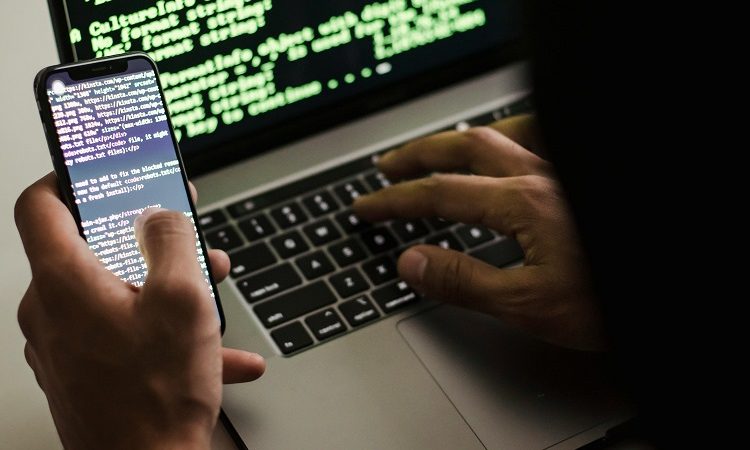How Is Lab Equipment Manufactured? 5 Cool Facts to Know

The global laboratory supplies market in 2020 was worth over thirty billion dollars. It is continuing to grow this year as well.
If you have ever contributed to the lab equipment market you may be wondering “how is scientific equipment made?”.
Pieces of lab equipment made with different materials are created differently. Often they aren’t produced by the same manufacturer.
We’ve found some of the most interesting facts about lab equipment and how they’re made. Keep reading to learn all about them.
- Scientific Glass Blowing
As a scientist gathers their lab equipment for an experiment, much of it is glass. A glass beaker, a glass flask, and a glass pipette are a few of their tools.
Glassware is often used in analytical laboratories and in chemistry and biology too. It forms into many shapes useful for laboratories, and it has high chemical resistance.
Glass blowing takes place in some larger labs. Scientific glassblowing is a specialized form of glass blowing that is very precise. The dimensions of the glass have to be perfect.
A manufacturer of scientific glass may also fuse many glass parts which create specialized glassware for scientific use.
- Types of Glass for Lab Equipment
A few different types of glass make up scientific equipment. Glassware in a science lab can be made from quartz glass, borosilicate glass, fritted glass, or silanized glass.
Each type of glass has properties that aid in certain scientific experiments. Quartz glass and borosilicate glass can withstand high temperatures, and they are transparent.
- Plastic Labware Made to Last
Plastic is occasionally used as an alternative to glassware. Some chemists and researchers are opting for plastic over the glass in their work. You can find beakers, test tubes, and pipette tubes completely made out of plastic.
While plastic cannot withstand heat during an experiment, it comes in handy during experiments where it may get dropped. Glass can shatter, but plastic will not.
You can find plastic labware manufactured with many kinds of polymers. This includes the following polymers.
- Polypropylene (PP)
- High-density Polyethylene (HDPE)
- Low-density Polyethylene (LDPE)
- Polymethylpentene (PMP)
- Polyethylene terephthalate G (PETG)
Each of these performs great as plastic lab equipment, but they each have their own physical and chemical properties. It’s important to choose the one that will be compatible with your experiments.
- Laptops Are Lab Equipment Too
You better believe that laptops are now an important piece of lab equipment. Yet, they have a much different manufacturing process than beakers and test tubes.
A laptop in a laboratory isn’t any different from a laptop that you would find anywhere else. The difference is in the software scientists need to install for research and experiments.
Laptops in a lab have a composition of assorted plastics, semiconductors, composites, and metals. They get their designs from engineers and are later assembled from components.
Other unusual objects are also considered lab equipment. They include microwaves, funnels, and steel rulers.
- Cleaning Is Crucial
When lab equipment is created, whether it’s plastic or glass, it is not meant to be thrown in the dishwasher.
Some lab equipment even needs special soap and brushes for cleaning. Manufacturers recommend cleaning labware in a six-step process. It involves a disinfectant solution and an ultrasonic bath.
Keep Learning About Science Equipment
Many pieces of lab equipment are manufactured for use with chemicals and high heat. The best lab equipment can handle a scientific experiment without interfering with the process.
If you found this article informative, check out the rest of our blog page for more like it.





